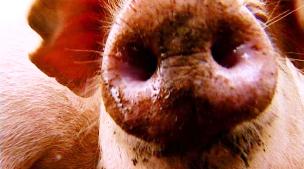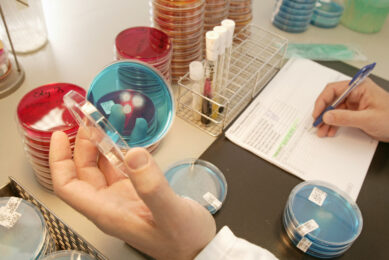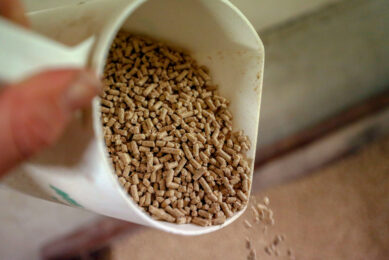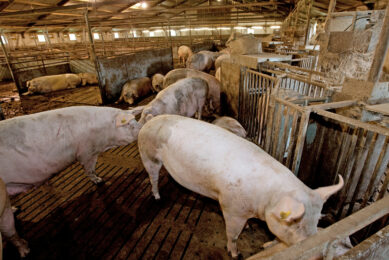Persistent resistance on antibiotic-free farms

Bacteria taken from farms still showed resistance, up to 2 ½ years after the administering of antibiotics was discontinued, a Canadian study says.
Farms quitting antibiotics may still be breeding grounds for drug-resistant germs, reported Science magazine.
Ecologist Martin Chénier and his colleagues of McGill University, Canada, wanted to know whether drug resistant bacteria would, when their exposure to antibiotics ceased, throw out the genes that code for antibiotic resistance.
The study was performed on gut bacterial populations of ten pigs taken from the McGill University Swine Complex farm that had banned all antibiotics in 2007.
Between 70%-100% of the bacteria were still resistant to chlortetracycline, and while resistance genes are generally easy to shed, Chénier thinks that the genes for chlortetracycline resistance are linked to other genes vital in protecting the organism from metal toxicity.
The study highlights the indirect consequences of antibiotic use, the link between farmyard resistance and clinical resistance has yet to be found.
While the knock-on effects are unknown, it is clear that the bacteria on farms are preserving their resistance and persevering.
The team plan to publish their work in Microbial Ecology.











